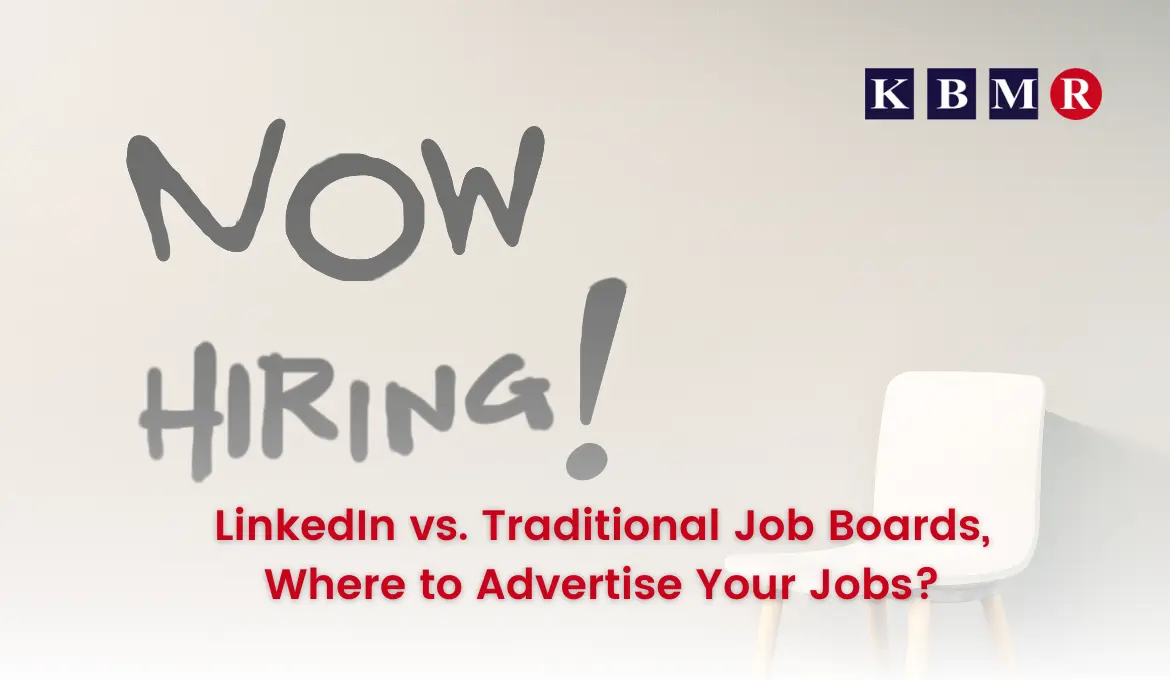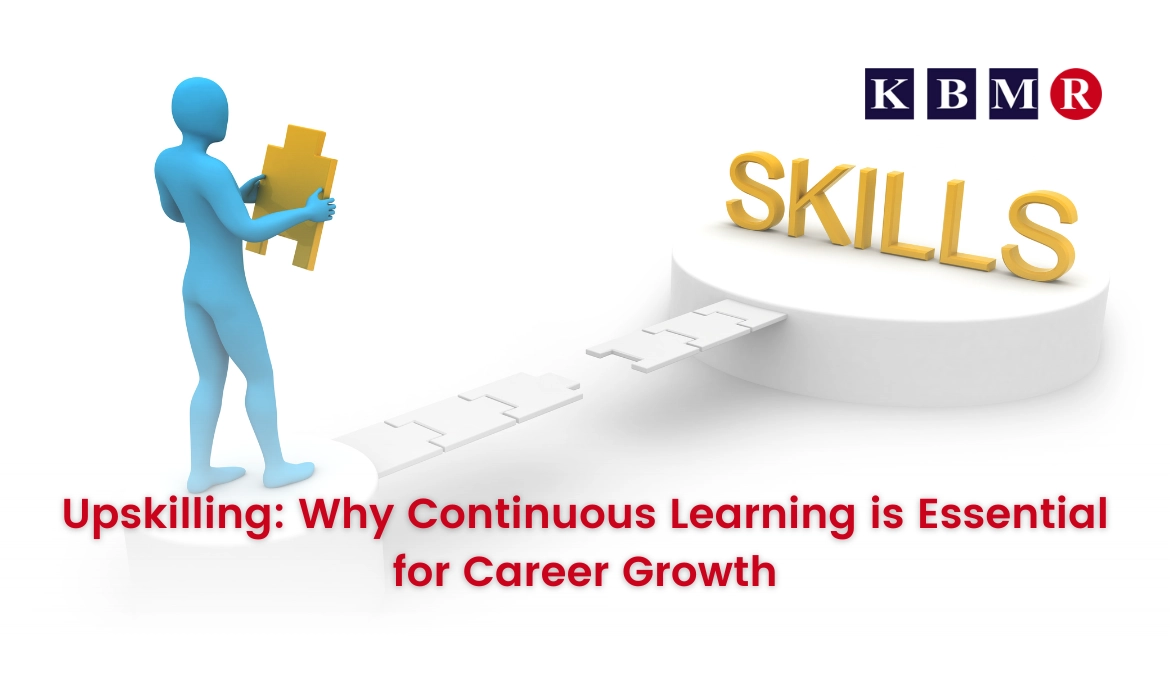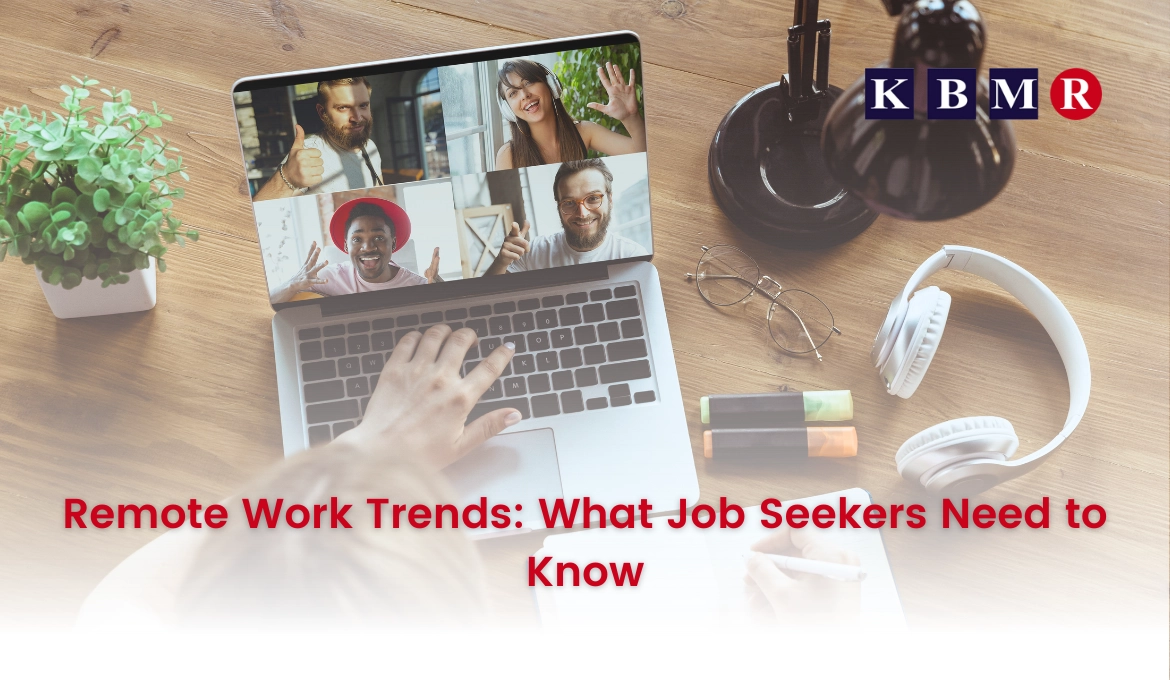Artificial Intelligence (AI) has become a transformative power in the rapidly evolving modern recruitment landscape, reshaping how companies discover, assess, and hire talent. This blog explores the pivotal debate between LinkedIn and traditional job boards in the UK, underscoring the importance of selecting the right platform for job postings to optimise recruitment strategies.
Understanding LinkedIn's Evolution
LinkedIn's journey from a professional networking platform to a recruitment powerhouse is noteworthy. LinkedIn has become a preferred choice for job postings with its expansive user base and tailored functionalities. Its user-friendly interface and success stories underscore its effectiveness in modern recruitment.
Exploring Traditional Job Boards
While LinkedIn dominates the digital space, traditional job boards in the UK maintain their significance. These platforms, rooted in history, attract diverse audiences. Understanding the advantages and limitations of conventional job boards provides a nuanced perspective on their role amid the changing recruitment dynamics.
LinkedIn vs. Traditional Job Boards
A comprehensive comparison between LinkedIn and traditional job boards is essential. Scrutinising factors such as reach, targeting capabilities, engagement, and conversion rates unveil the distinct strengths of each platform. Case studies or data support a thorough understanding of the nuances associated with recruitment on these platforms.
Targeting the Right Audience
Recruitment success hinges on understanding the target audience. LinkedIn and traditional job boards cater to different demographics and industries. Insights into which platform aligns more effectively with specific job roles empower recruiters to tailor strategies, ensuring a targeted and practical approach.
Cost Analysis and Budgeting
Financial considerations play a significant role in shaping recruitment strategies. Analysing the cost implications of using LinkedIn and traditional job boards sheds light on budget considerations for recruiters and businesses. This understanding guides decision-making processes based on the financial investments involved.
Recommendations for Job Posting Strategies
Empowering recruiters with actionable recommendations and best practices concludes the blog. Insight into when to strategically use each platform, based on job requirements, company culture, and industry trends, maximises the strengths of both LinkedIn and traditional job boards for successful job postings.
Where to Advertise Your Jobs?
Delving into the pros and cons of advertising jobs on LinkedIn and traditional job boards poses a critical question. Understanding considerations that should guide recruiters in this decision emphasises the importance of aligning the chosen platform with recruitment goals and the specific nature of the job vacancy.
Emerging Trends in Online Recruitment
Staying ahead of the curve involves exploring emerging trends in online recruitment. Innovations, such as AI integration, remote hiring practices, and the evolving role of employer branding, shape how organisations discover and engage with talent in this dynamic landscape.
Nurturing Diversity and Inclusion in Recruitment
The crucial role of recruitment platforms in fostering diversity and inclusion is highlighted. Both LinkedIn and traditional job boards contribute to creating a diverse talent pool. Strategies for recruiters to proactively promote inclusivity in their hiring processes contribute to building a workforce that values diversity.
Building Employer Brand through Online Platforms
Recognising the significance of employer branding in attracting top talent, this section emphasises how LinkedIn and traditional job boards serve as platforms for organisations to build and showcase their employer brand—insights into crafting compelling employer branding strategies for enhanced recruitment success round off this crucial aspect.
The Future of Hybrid Recruitment Strategies
The evolution of recruitment strategies in the hybrid work era is explored. Combining online platforms like LinkedIn, traditional job boards, and in-person recruitment events creates a holistic approach. Guidance on navigating the mixed recruitment landscape ensures adaptability in a changing work environment.
Ethical Considerations in AI-Driven Recruitment
As AI takes centre stage in recruitment, ethical considerations become paramount. Discuss the potential pitfalls of algorithmic bias and the importance of mitigating biases in historical data. Emphasise the need for transparency and fairness in AI algorithms to uphold ethical standards in the recruitment process.
Enhancing Candidate Experience with AI
Beyond efficiency gains, AI has the potential to enhance the candidate experience. Explore how AI-driven tools can personalise interactions, streamline communication, and provide valuable insights to candidates. Discuss the delicate balance between technology and the human touch in creating a positive and memorable candidate experience.
Conclusion
In the intricate tapestry of modern recruitment, AI stands as a guiding force, enhancing efficiency and accuracy. The ongoing debate between LinkedIn and traditional job boards underscores the importance of understanding specific needs, target audiences, and budget considerations.
Recruiters navigating this dynamic ecosystem amalgamate AI integration, effective use of online platforms, and an awareness of emerging trends. The future lies in the strategic fusion of technologies, diverse media, and a commitment to fostering an inclusive, dynamic, and effective recruitment environment.
By embracing these principles, organisations can elevate their talent acquisition strategies and thrive in the evolving world of modern recruitment.





